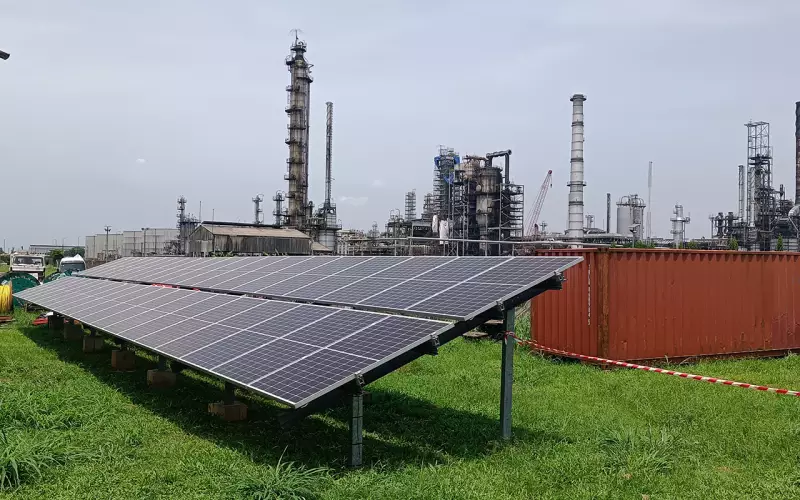
Nigeria's energy sector is poised for a transformative shift as major power companies unveil ambitious plans to significantly expand renewable energy deployment across the country. This strategic move marks a crucial step toward addressing the nation's persistent electricity challenges while embracing sustainable development.
Accelerating Clean Energy Transition
Industry leaders are mobilizing substantial resources to ramp up renewable energy infrastructure, recognizing the urgent need to diversify Nigeria's power mix. The initiative comes at a critical time when both urban and rural communities continue to grapple with unreliable electricity supply.
The expansion strategy focuses on multiple renewable sources, with solar power taking center stage due to Nigeria's abundant sunshine throughout the year. Companies are developing large-scale solar farms and decentralized mini-grid systems that can operate independently of the national grid.
Bridging the Energy Gap
This renewable energy push aims to directly tackle the electricity deficit that has hampered economic growth and quality of life for millions of Nigerians. By leveraging clean energy technologies, these projects promise to:
- Provide stable power to underserved communities
- Reduce dependence on fossil fuels
- Create new employment opportunities in the green economy
- Lower carbon emissions and environmental impact
Economic and Environmental Benefits
The renewable energy expansion is expected to deliver substantial economic advantages while positioning Nigeria as a regional leader in sustainable energy development. Industry experts highlight that investing in renewables will:
Boost local manufacturing and technology transfer as companies establish production facilities for solar panels and related equipment within Nigeria. This domestic capacity building represents a significant step toward energy independence.
Furthermore, the reduced operational costs of renewable energy systems compared to traditional power generation could lead to more affordable electricity tariffs for consumers in the long term.
Future Outlook and Impact
As these renewable energy projects gain momentum, analysts predict a ripple effect across multiple sectors of the economy. The reliable power supply will enhance productivity for small and medium enterprises, improve healthcare delivery through consistent electricity in medical facilities, and support educational institutions with uninterrupted learning environments.
The collective effort by energy firms signals a new era for Nigeria's power sector, one where clean, sustainable energy becomes increasingly accessible to both urban centers and remote communities alike.





